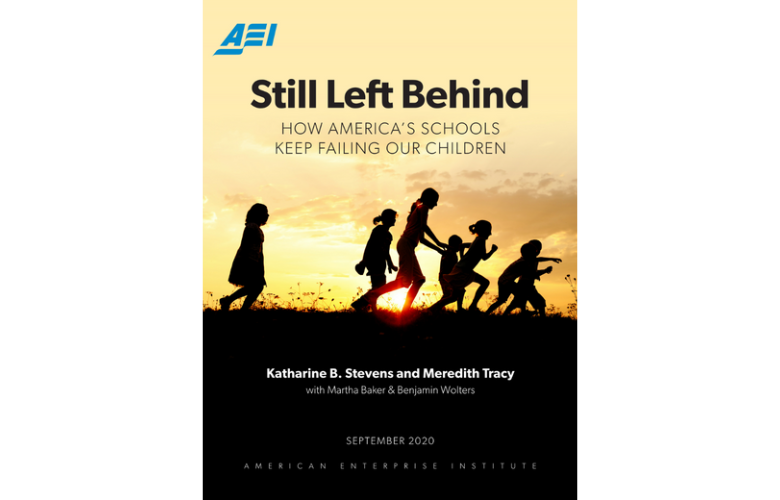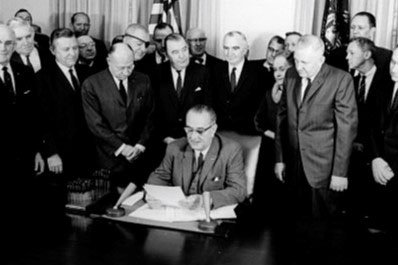Tenured Teacher Dismissal in New York: Education Law § 3020-a ‘Disciplinary Procedures and Penalties’
By Katharine B. Stevens
REPORT
October 2, 2014
Two recently-filed New York lawsuits claiming that teacher tenure laws violate children’s constitutional right to a “sound basic education” are finally dragging the long-obscure Section 3020-a of the state’s Education Law into the spotlight. This attention is badly overdue because for decades § 3020-a has impeded efforts to ensure a minimum competence level among New York’s teachers.
Section 3020-a is a 3,000-word section of New York’s Education Law, entitled “Disciplinary Procedures and Penalties,” which mandates that tenured teachers can be dismissed only after just cause has been established through statutorily-prescribed administrative hearings. Teachers are evaluated in their schools under the Annual Professional Performance Review, the state’s high-profile new evaluation system. But decisions on whether poorly-performing teachers stay or go are still made according to the decades-old § 3020-a law.
This report presents analysis of the official decisions filed at the conclusion of § 3020-a hearings for New York City teachers from July 1, 1997 through June 30, 2007. It aims to shed light on the role and function of § 3020-a, to further public awareness of the law’s impact on New York’s schools, and to promote wider debate around how to fix it.
Key findings presented in the report include:
The fundamental purpose of § 3020-a hearings is not to determine whether a school’s charge of inadequate performance is justified, but rather to determine whether there is any possibility that an inadequately performing teacher can be rehabilitated. This is a result of § 3020-a’s specific mandate for “progressive discipline,” which shifts the law’s emphasis from its original purpose of providing due process to its current overwhelming focus on teacher rehabilitation.
Incompetent teaching in and of itself is not grounds for dismissal under § 3020-a. Teachers who, through extensive due process proceedings, are determined by the state itself to be chronically ineffective, excessively absent, or even abusive are routinely returned to classrooms in hopes that they may eventually improve. That is, the operative minimum standard for teachers is not demonstrated effectiveness, but any potential capability to be even marginally competent in the future.
From 1997 to 2007, 61% of the New York City teachers who were convicted through due process hearings of incompetent teaching, excessive absence, verbal abuse, and/or corporal punishment were returned to the classroom. Over that decade, a total of just 61 teachers—averaging 6 of New York City’s 78,000 teachers per year, or 0.008% of the city’s annual teaching force—were dismissed for poor performance. (See chart on page 25.
Proof that there is no possibility of rehabilitating a teacher is a necessary condition for dismissal. Schools must carry out the teacher rehabilitation mandated by § 3020-a over several years, as a precondition for even attempting to remove a teacher from the classroom. This explicit aim of rehabilitating teachers means that the law now keeps chronically ineffective teachers in the classroom by design.
Teachers are legally entitled to due process to protect them from unfair dismissal and unjustifiable accusations of inadequate performance. But the current system goes far beyond that, prioritizing the rehabilitation of ineffective teachers over ensuring adequate teaching for children. Fixing the broken § 3020-a system is not the solution to fixing our schools, but it’s a problem that urgently needs to be addressed.
See Also
Report ~ September 21, 2020
Op-Ed ~ November 30, 2020
Event ~ October 29, 2020




